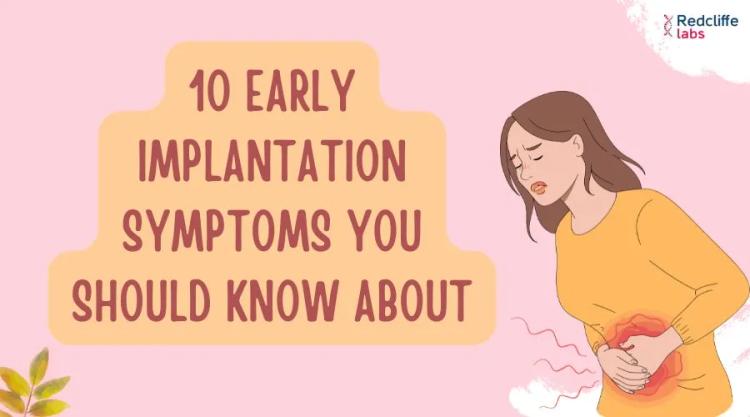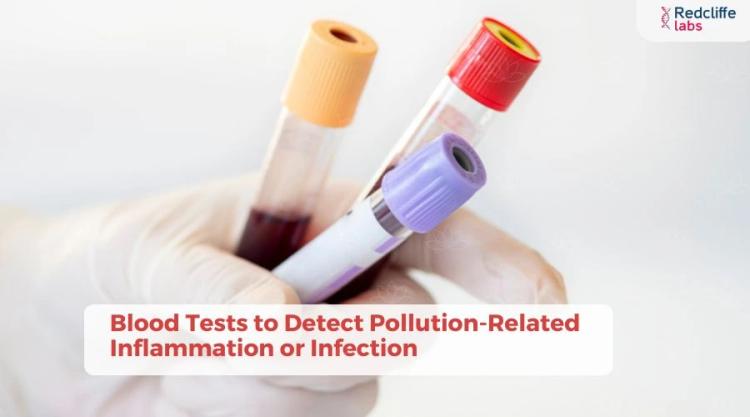How Long Does NS1 Stay Positive?

Medically Reviewed By
Dr. Ragiinii Sharma
Written By Kirti Saxena
on Jun 19, 2024
Last Edit Made By Kirti Saxena
on Jul 19, 2025

Have you recently experienced a mosquito bite or have symptoms like high fever or body aches? Then, it can be dengue. These are common symptoms of various diseases, but if they last more than two weeks, a test like NS1 can help you identify if it's dengue.
A test can help prevent further spreading and result in proper management, care, and treatment. The dengue NS1 or ELISA test can detect illness on day one and day two after the onset of fever. This test uses synthetically labeled antibodies to detect the NS1 protein, which can be detected at the acute phase of dengue virus infection.
Understanding Dengue
Before moving ahead, let’s understand about dengue.
Dengue is a viral infection transmitted to humans through the bite of an infected mosquito. It is found in tropical and subtropical climates and infects an estimated 100-400 million people every year.
There is no such special treatment for dengue, but early detection can help in better treatment, with patients treated in 1-2 weeks.
Certainly, the symptoms are high fever (104°F), headache, vomiting, nausea, rash, swollen glands, muscle and joint pains, and pain behind the eyes. These symptoms can appear 4 to 10 days after the infection.
Even if your fever is gone, if you are experiencing severe abdominal pain, rapid breathing, fatigue, bleeding gums, blood in vomit, feeling weak, pale and cold skin, restlessness, and persistent vomiting, then you should take care of yourself.
How will you know if it's dengue? Obviously, by testing. Here are some of the tests that you should consider:
- Dengue NS1 Antigen
- Dengue IgM Antibody Test, EIA
- Dengue RNA PCR Test
- Dengue IGG Antibody Test, EIA
- Dengue Duo Screening Test
- Dengue Fever Panel
Redcliffe Labs provides these tests. You can take all these tests from us on our website and app.
| Dengue Tests/Packages | Discounted Price in INR |
| Dengue IGG Antibody Test | Rs 600 |
| Dengue IgM Antibody Test | Rs 600 |
| Dengue IGG & IGM Antibody Test | Rs 1800 |
| Dengue Duo Screening Test | Rs 1100 |
| Dengue Fever Panel | Rs 1299 |
| Dengue Fever Panel - Advance | Rs 1699 |
| Dengue Fever Panel - Comprehensive | Rs 1999 |
| Dengue RNA PCR Test | Rs 3200 |
Two of the known tests, dengue NS1 and dengue IgM, are preferred because the NS1 antigen test can detect dengue within three days while the IgM antibody test can detect it in 4-5 days.
What is the right time to get tested?
The right time to get tested is 5 days after the spread of infection. Through tests like NS1 antigen and IgM antigen, you can get it tested. You can go for a PCR test as an alternative to NS1.
What is the Dengue NS1 Antigen test?
During a dengue infection, a protein called non-structural protein 1 is secreted into the blood. The NS1 antigen test is beneficial for detecting dengue NS1 protein. NS1 tests are developed to be used in serum, although blood and plasma can also be used. They are as sensitive as molecular tests.
Prepare for the Dengue NS1 test.
NS1 doesn’t require any special practices because it is a simple test. But there are some basic guidelines that you need to follow.
- Do not take any medication before the test. Confirm it with your doctor first.
- Take a good and peaceful sleep the day before the test. This ensures that your hormones are balanced, which results in no complications in reports.
- If you are on a diet, doctors may recommend going on a normal diet so that the test results are not corrupted. Also, consult your nutritionist before changing your diet or routine.
- Clear the test with your doctor if you have any doubts.
- Stay calm and anxiety-free while getting tested.
After getting tested, if the results are positive, then take all the necessary remedies. However, if the reports are negative, then also go for a second test of IgM antibody to confirm. This is because the test is based on the virus’s antigenic determination mechanism. In tropical countries, the diagnosis is made based on suspicion rather than scientific confirmation. This means that dengue diagnosis reports can be both false-negative and false-positive.
How long does NS1 stay positive?
NS1 antigen can be detected 1-2 days after infection and remains present 9-10 days after symptom onset.
Normally, the Dengue NS1 or ELISA test is negative or non-reactive. A non-reactive test indicates the absence of NS1 in the blood, showing no active dengue infection at the time of testing.
However, your medical history, symptoms, and diagnostic tests can make a difference and help you get accurate results.
Read More - https://redcliffelabs.com/myhealth/blood-test/blood-test-for-dengue-everything-you-need-to-know/
How Can You Prevent NS1?
The major reason for the spread of NS1 is infected mosquito bites. To avoid mosquitos and dengue fever, do these things, especially in areas where the number of mosquitoes is higher.
- Choose to stay in a house which is well-screened and air-conditioned.
- Wear long protective clothes, such as long pants, socks, long-sleeved shirts, and shoes, whenever you visit an area prone to mosquito infection.
- If you visit a hill station or go trekking, you may be affected by dengue fever. In that case, wear mosquito repellent on your clothes (repellent with permethrin), shoes, and camping gear.
- Water is a habitat of mosquitos. If you have a habit of storing water in any container, then make sure that you change the water at least once a week. These containers could be planting containers, animal dishes, flower vases, and more. By doing this, you are eliminating the mosquito population.
Along with these factors, you can take the dengue fever vaccine, Dengvaxia. It is approved for people between the ages of 9 and 45 who have had dengue fever at least once. It is given in three doses for 12 months.
The vaccine is not approved for travelers or people who live in the continental United States. However, in 2019, the US Food and Drug Administration approved a vaccine for people who have been affected by dengue fever in the past.
Not to mention, the vaccine is only for people who have once experienced dengue fever, which is called seropositivity.
For people who have never been affected by dengue fever (seronegative), the vaccine can increase the risk of severe dengue fever and hospitalization in the future.
Get Tested At Redcliffe Labs
If you are experiencing the symptoms (provided above) and this heat is stopping you from leaving your house, then no worries. Get yourself tested at Redcliffe Labs. We come to your house for sample collection, and you can receive your reports online within a stipulated timeframe. Over 50,000 health providers have trusted us.
So, what’s stopping you? Book a test now.



